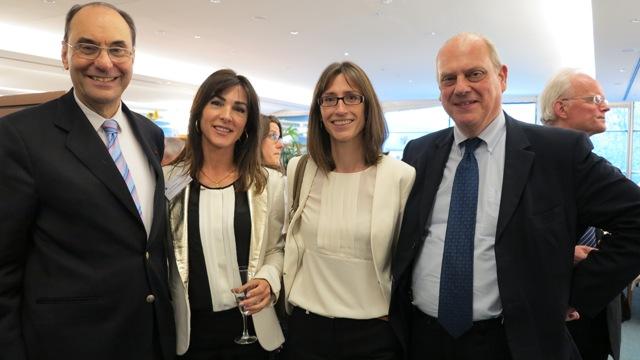Air quality in Europe: the future is electric
Speakers
Hans ten Berge, Secretary General, EURELECTRIC
Elena Višnar Malinovská, Cabinet of Commissioner for the Environment Janez Potočnik
Electricity has no emissions at the point of use and, when used in transport and heating/cooling for instance, can significantly contribute to improving air quality in cities and urban areas. While it is acknowledged that decarbonised electricity will have to play a much greater role than now to contribute to the decarbonisation of transport and heating/cooling, it also brings wider benefits in helping the shift towards sustainable transport and residential sectors: electricity can not only help to de-carbonise other sectors, it can also help to de-pollute them.
The electricity sector has significantly reduced its emissions over the years. Between 1980 and 2009 emissions of SO₂ and NOx were reduced in the EU-27 by around 80% and 57% respectively, while electricity demand grew by 75%.
The implementation of the EU environmental legislation and the move to a decarbonised power sector will lead to a further decline in emissions from the power sector. Furthermore the decoupling of electricity generation and emissions means that the emissions per unit of electricity generated will decline steadily.
This debate aims to explore the benefits for air quality associated with the electrification of transport and heating/cooling, in particular in urban areas, and discuss the challenges that lie ahead.



